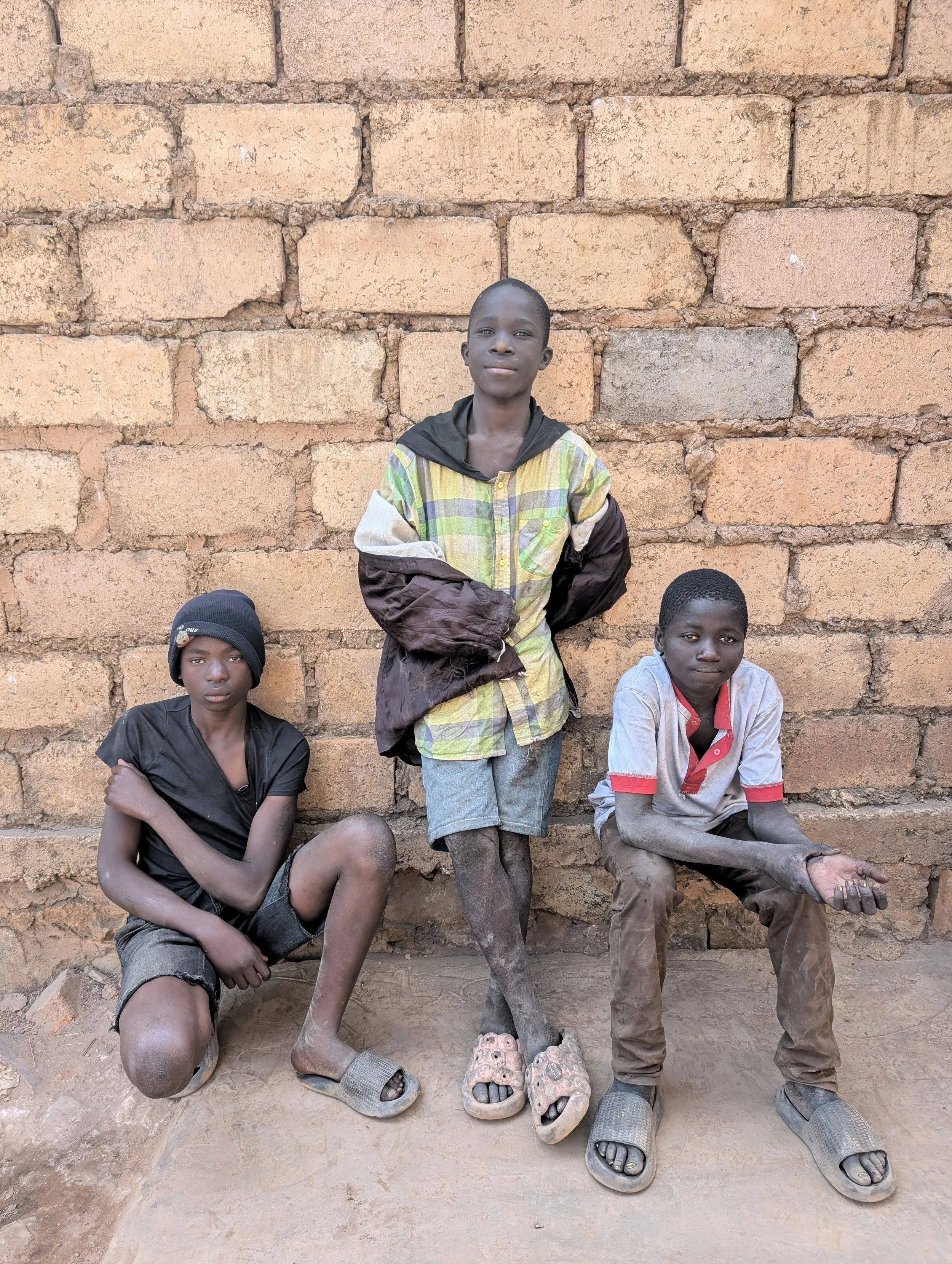
The story of Kimbilio
Kimbilio is changing the story for children living and working on the streets of DRC’s mining towns. Founded by a Congolese team, Kimbilio runs a day centre in downtown Lubumbashi that offers street children meals, medical care, education, and counselling. More than a shelter, it’s a bridge, from survival to safety, from fear to possibility. Children build trust with staff who are from the same communities and understand the realities they face. For those who are ready, Kimbilio provides a pathway off the streets: back to family, where it’s safe to do so, or into care with trained foster families.
In 2024 alone, over 6,000 children walked through the centre’s doors. Each one with their own story. Each one given a chance to begin again.
Kimbilio’s impact is rooted in the realities of life in the Democratic Republic of Congo. In Lubumbashi, a hub of the global cobalt and copper trade, hundreds of children live on the streets — alone, invisible, and at risk. Some are lost. Some have fled violence. Others have been pushed out by poverty. For many, the streets are not a stopgap, but a starting point to something even more dangerous: life in the mines.
This is where child labour often begins, in the shadows of global supply chains. Artisanal mining draws in children as young as seven, working in unsafe conditions that strip them of their childhood and expose them to real harm.
But with support from Congo Children Trust and now Kumi Foundation, Kimbilio’s model is expanding — reaching new mining hotspots like Kolwezi. The goal: to transform not just individual lives, but the systems that put them at risk in the first place.
This is what community-led change looks like in a global supply chain context: local expertise, trusted relationships, and a refusal to let the most vulnerable be left behind.

